From tooling to autoclave, we deliver end-to-end composite manufacturing at scale.
At Pfaff Technologies, we bring aerospace-grade precision and decades of composites expertise to every project. Our capabilities span design and development, advanced manufacturing, rapid prototyping, inspection, and repair—delivering end-to-end solutions for industries where performance and reliability matter most.
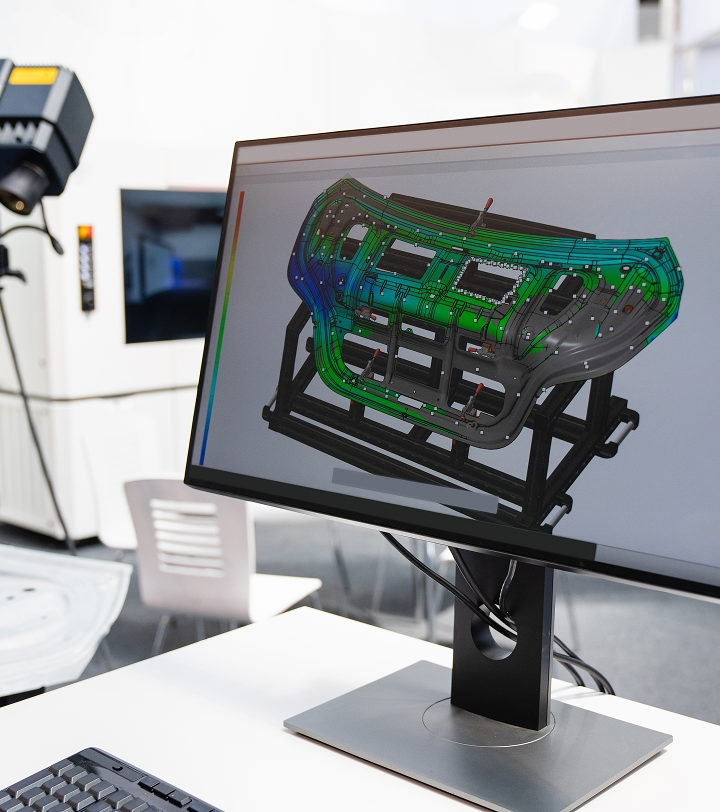
Design & Development
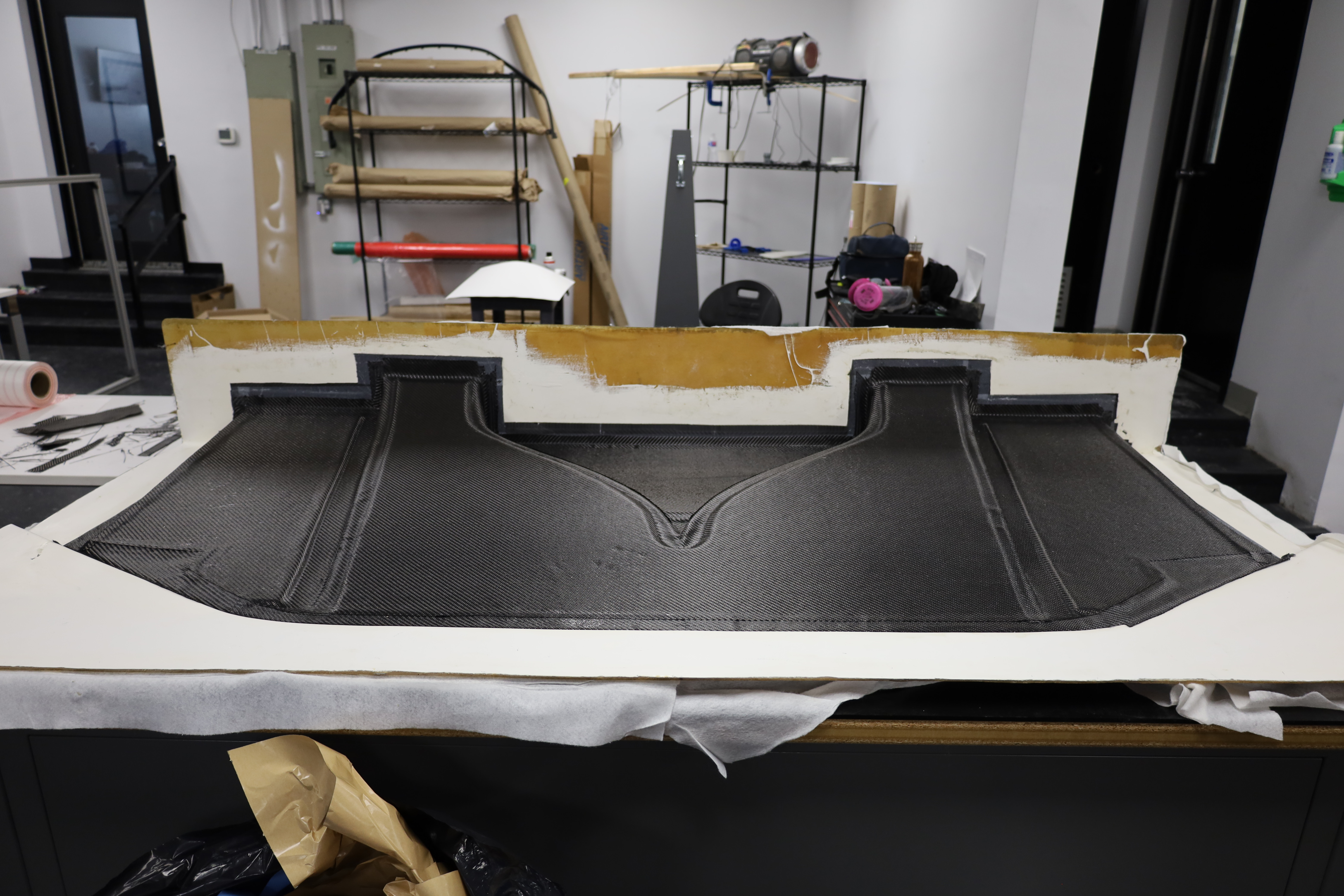
Composite Manufacturing
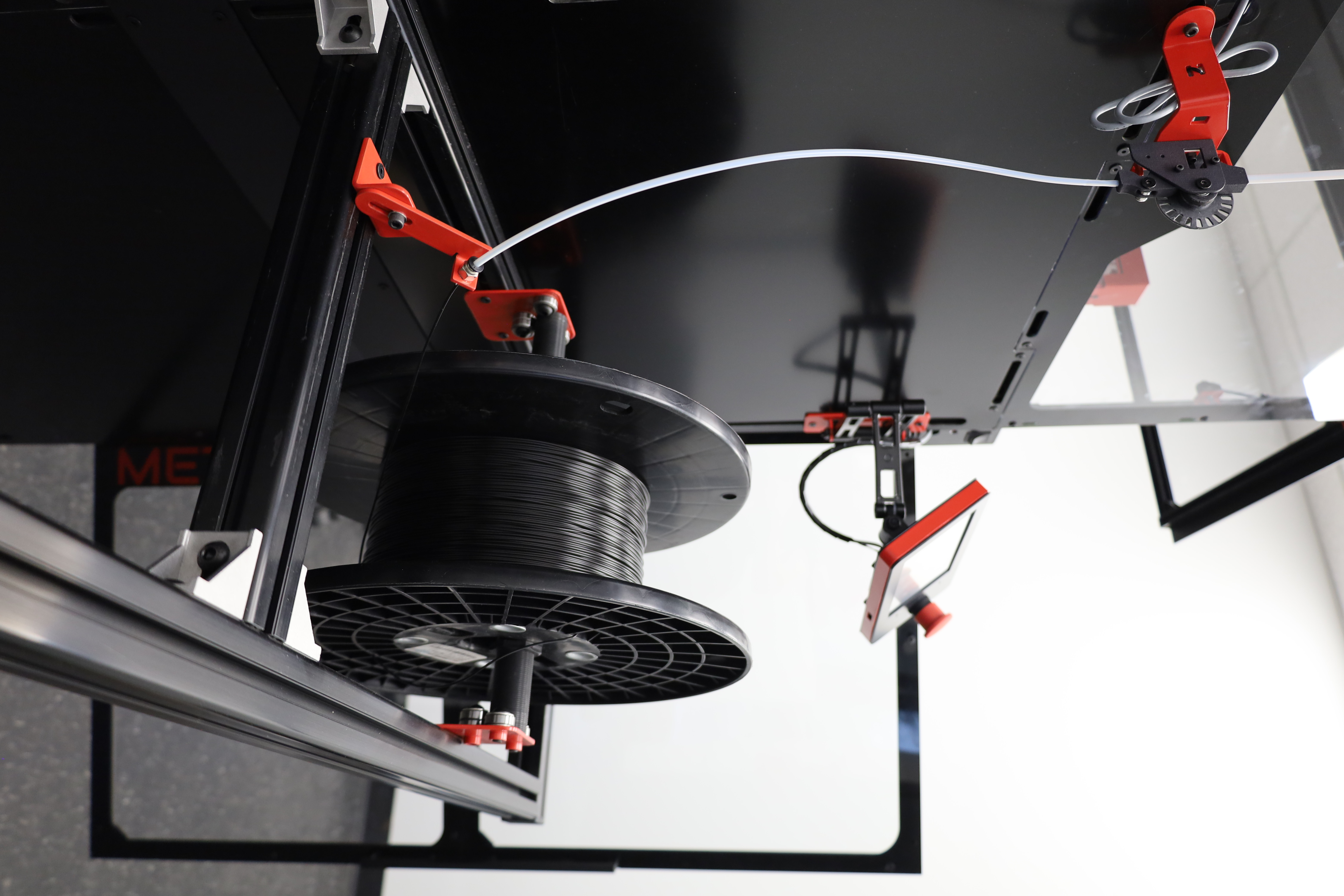
3D Printing
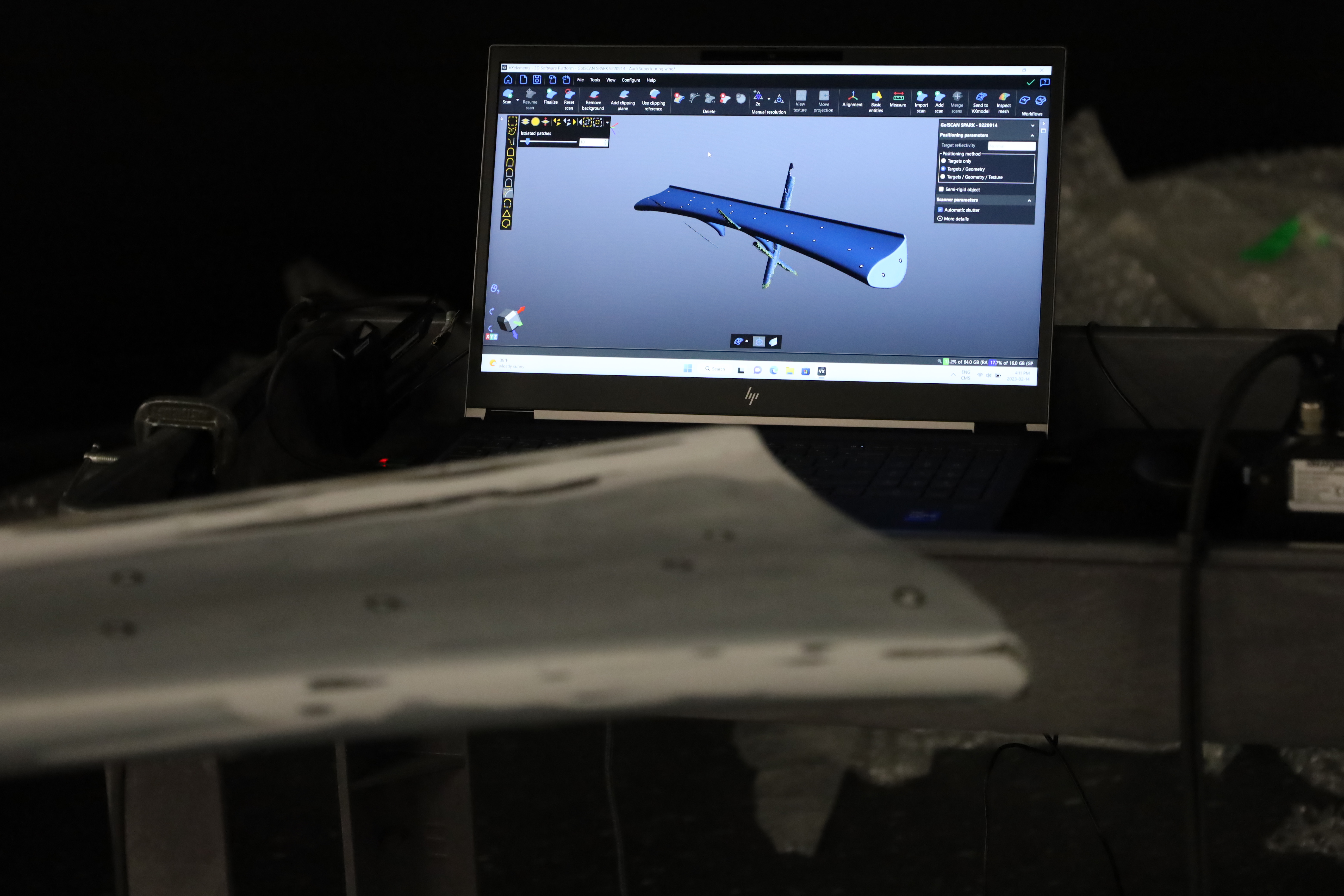
3D Scanning
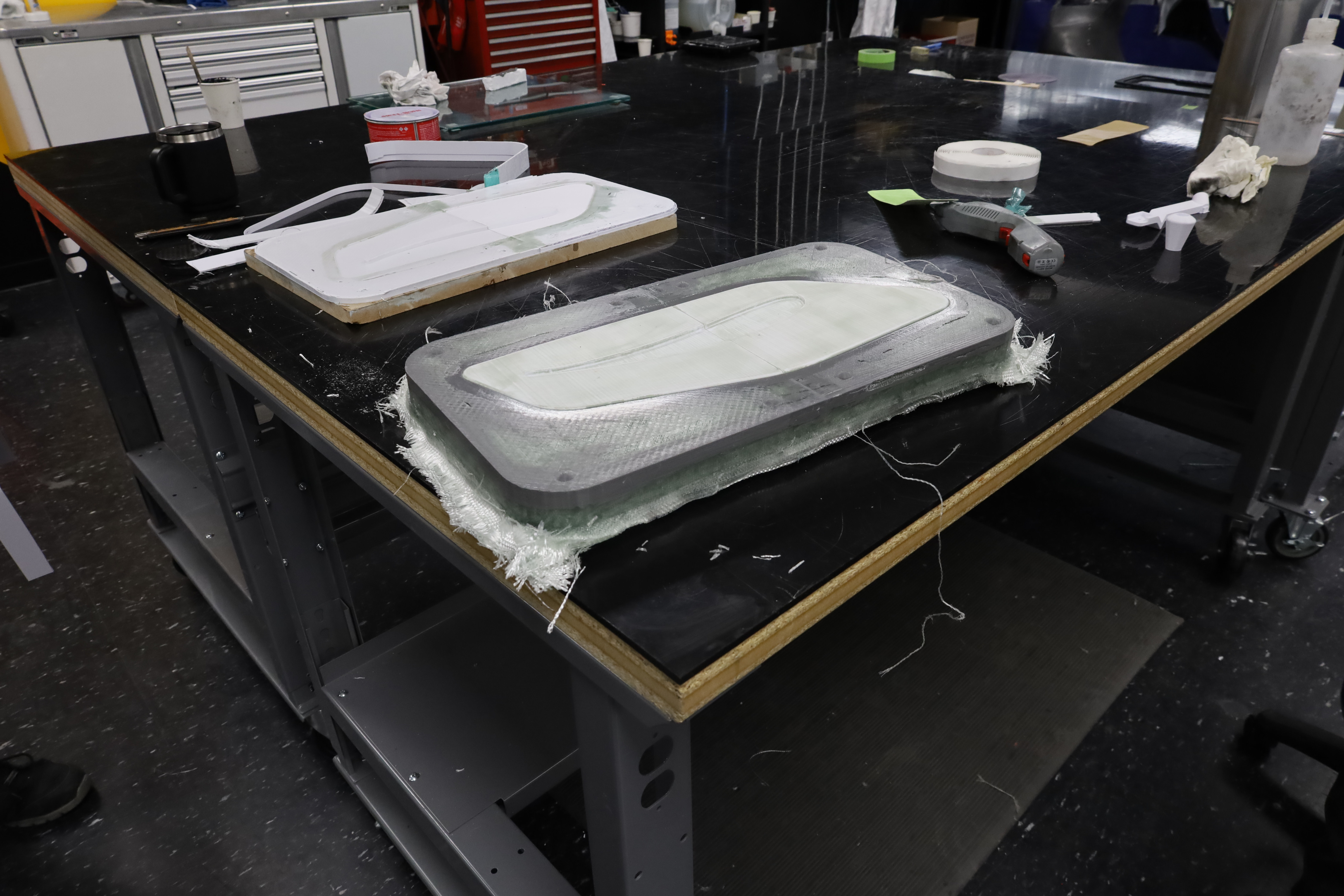
Rapid Prototyping

Quality Assurance & Inspection

Carbon Fiber Repair & Restoration
Materials we work with
At Pfaff Technologies, the choice of material is critical to the performance, durability, and cost-efficiency of every composite part. Whether through composite manufacturing (layup, infusion, autoclave curing) or 3D printing (FDM & SLA), we carefully select and process materials that match the unique requirements of each project.
Used to tailor strength, stiffness, and weight for specific applications, reinforcementUsed in both composite manufacturing and 3D printing reinforcement, carbon fiber offers the best strength-to-weight ratio available. It’s the preferred material for aerospace, motorsports, and luxury applications requiring stiffness and performance.options include carbon fiber, fiberglass, Kevlar, and natural fibres. Each offers unique benefits for structural performance, impact resistance, or sustainable design.
Matrix systems bind reinforcement fibres and define part performance. Options like epoxy, polyester, A versatile material widely used in composite layup and infusion processes, fiberglass provides excellent durability and corrosion resistance at a more economical cost—ideal for marine, automotive, and industrial parts. ester, and thermoplastics are selected based on strength, chemical resistance, cost, and recyclability.
Kevlar is frequently incorporated into hybrid laminates during manufacturing for its superior toughness and impact resistance. It’s used in defense, safety, and structural applications where energy absorption and abrasion resistance are critical.
Resins used in composite part manufacturing are typically thermosetting polymers such as epoxy, polyester, or vinyl ester. They serve as the matrix material, binding carbon fibers together while providing the part with shape, strength, and durability. Resins are integral to all composite manufacturing methods, including wet lay-up, resin infusion, and prepreg processes.


